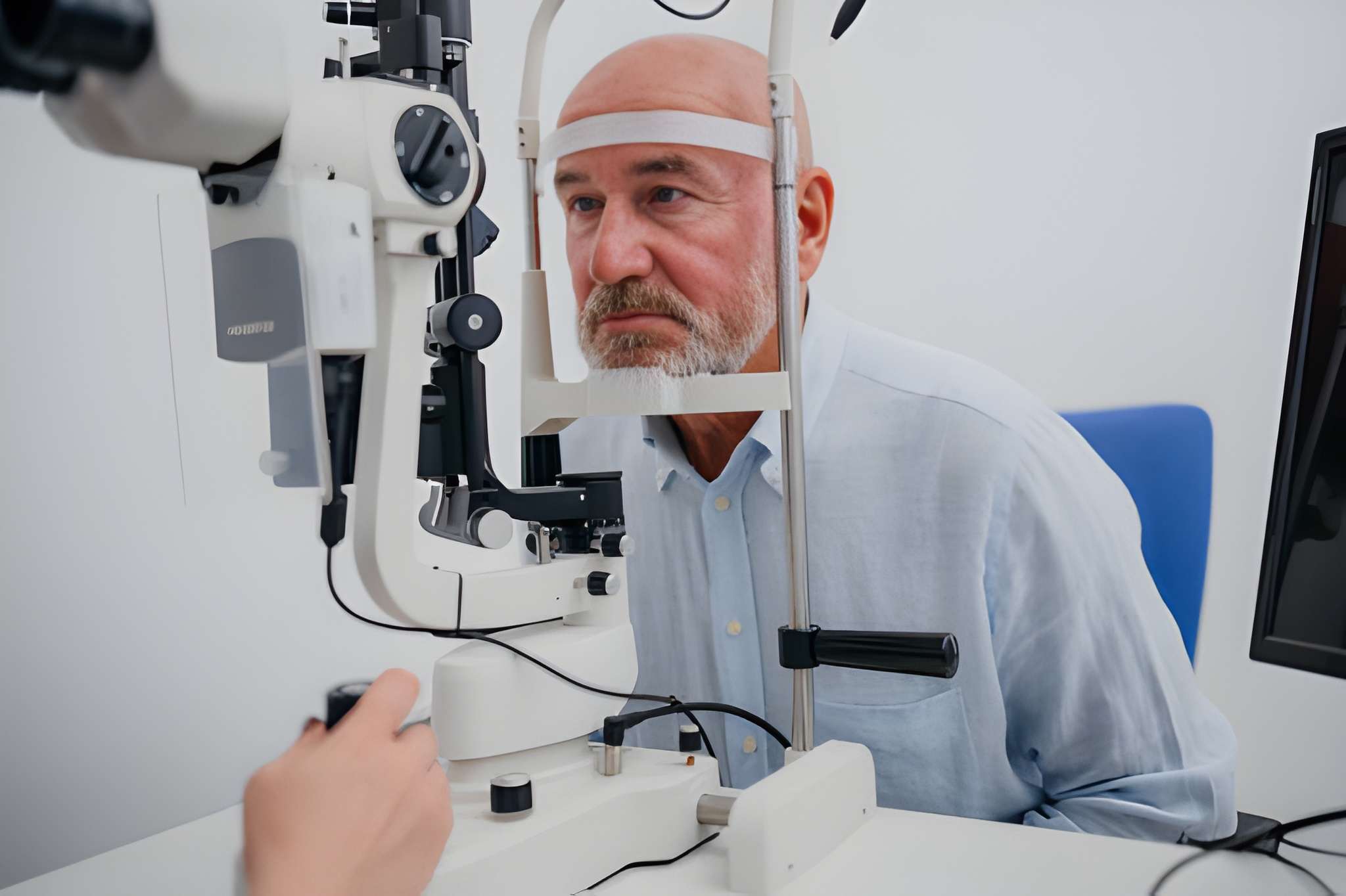Retina surgery frequently instills fear and apprehension, largely attributed to misconceptions regarding potential pain. This article seeks to dispel these myths and offer precise insights into pain perception during retina surgery, addressing prevalent concerns to assuage anxiety and equip individuals with factual information. By debunking misconceptions, we aim to foster a greater understanding of the surgical process and alleviate apprehensions, empowering patients to approach retina surgery with confidence and a clear understanding of what to expect. Consulting the best ophthalmologist in Dubai can further assure patients of receiving top-notch care and expertise throughout the retina surgery process.
First Understand Retina Surgery
Retina surgery can sound scary, but it’s important to understand it better. This type of surgery helps fix problems with the retina, which is the part of the eye that helps us see. It involves delicate procedures like fixing detached retinas or repairing holes. During the surgery, you won’t feel any pain because you’ll be given medicine to make you sleep or numb the area. However, after the surgery, you might feel uncomfortable while your eyes heal. It’s important to know about these things so you can feel more confident if you ever need retina surgery. Your doctor can explain everything to you and help ease any worries you may have.
Book Consultation With: Retina Specialist in Dubai
Preoperative Preparation
Preoperative preparation for retina surgery is a critical phase that ensures both the patient’s comfort and the success of the procedure. This process involves thorough consultations with the surgeon and comprehensive pre-surgery evaluations to assess the patient’s overall health and suitability for surgery. An essential note to consider is that preoperative preparation plays a crucial role in optimizing outcomes and minimizing potential complications.
During preoperative consultations, the Retina surgeon will discuss the specifics of the procedure, address any concerns or questions the patient may have, and provide detailed instructions for preparation. These instructions may include dietary restrictions, medication adjustments, and guidelines for managing pre-existing health conditions to minimize the risk of complications during surgery.
Anesthesia options are also discussed during the preoperative phase, allowing the patient to make informed decisions regarding their comfort and pain management during the procedure. Whether it’s local anesthesia, regional anesthesia, or general anesthesia, the choice is tailored to the patient’s individual needs and medical history.
Moreover, preoperative evaluations may involve various tests and screenings to ensure the patient’s readiness for surgery. These may include blood tests, electrocardiograms (ECG), and imaging studies to assess the health of the eyes and surrounding structures.
An important note to emphasize is the significance of following preoperative instructions diligently. Compliance with pre-surgery guidelines helps minimize the risk of complications, ensures the safety of the patient, and contributes to the overall success of the procedure.
What Vitamin Deficiency is Retina?
Anesthesia in Retina Surgery
Anesthesia is pivotal in ensuring a pain-free experience during retina surgery, with various types utilized based on the procedure’s complexity and patient medical history. These include local, regional, and general anesthesia. By blocking pain signals and inducing sedation or unconsciousness, anesthesia guarantees patient comfort throughout the surgical process. Each form of anesthesia is carefully selected to suit the individual needs of the patient, allowing for a smooth and painless surgical experience while ensuring safety and optimal outcomes.
Pain Management During Surgery
Managing pain during surgical procedures is a critical aspect of patient care, ensuring comfort and minimizing discomfort throughout the operative process. Various techniques and interventions are employed by the surgical team to mitigate pain and enhance the overall surgical experience. These may include the administration of local anesthetics to numb specific areas, nerve blocks to block pain signals, and intravenous medications for sedation and pain relief. Additionally, meticulous attention to patient positioning and intraoperative monitoring helps identify and address any sources of discomfort promptly.
Can Retina Problems be Cured?
Postoperative Recovery
After undergoing retina surgery, it is common for patients to encounter mild discomfort, irritation, or soreness in the immediate postoperative phase. Although these symptoms may initially be concerning, they are usually transient and can be effectively managed with appropriate pain relief techniques. As the eye heals, these discomforts typically diminish over time. Familiarizing oneself with the expected postoperative experience can alleviate apprehensions and promote a more seamless recovery journey.
Pain Management Strategies
In the aftermath of retina surgery, implementing comprehensive pain management strategies is crucial to prioritize patient comfort and facilitate optimal healing outcomes. Various approaches, including the administration of medications, application of eye drops, and utilization of home care techniques, are routinely employed to mitigate discomfort and support the recovery process. However, adherence to the detailed postoperative care instructions provided by the surgical team is paramount. By diligently following these guidelines, patients can effectively minimize postoperative pain and mitigate the risk of potential complications, thereby enhancing the overall success of the surgical intervention and promoting a smoother recovery experience.
Can Retina Heal Without Surgery?
Addressing Concerns and Misconceptions
This section aims to address prevalent misconceptions and alleviate concerns related to pain perception during retina surgery. By identifying and debunking common fears surrounding pain in these procedures, individuals considering or undergoing retina surgery can find reassurance. Furthermore, advancements in surgical techniques, anesthesia administration, and pain management strategies have markedly enhanced the patient experience. These advancements challenge the misconception of retina surgery being inherently painful, emphasizing the importance of accurate information and proactive measures to ensure patient comfort and well-being throughout the surgical process.
Read More: What are the Symptoms of a Week Retina
Final Thoughts
It is imperative to acknowledge that retina surgery, contrary to common misconceptions, is not inherently painful, thanks to significant advancements in anesthesia and pain management techniques. A comprehensive understanding of the pivotal role played by anesthesia, coupled with strict adherence to preoperative and postoperative guidelines, facilitates a smoother surgical journey and minimizes discomfort for patients. Furthermore, recognizing the inherent variability in pain perception among individuals underscores the importance of personalized care and tailored pain management strategies. Effective communication with healthcare providers serves as a cornerstone in addressing patient concerns and fostering a supportive environment conducive to a positive surgical experience. Thus, armed with accurate information and confidence, individuals can navigate retina surgery with reassurance and an enhanced sense of well-being.
What is the retina and pupil?
Consult with Ophthalmologist Dr. Qasim Qasem Today!
Consult with Ophthalmologist Dr Qasim Qasem for personalized eye care tailored to your needs and concerns. Schedule your appointment today to experience expert guidance and compassionate treatment. Your vision is our priority.











